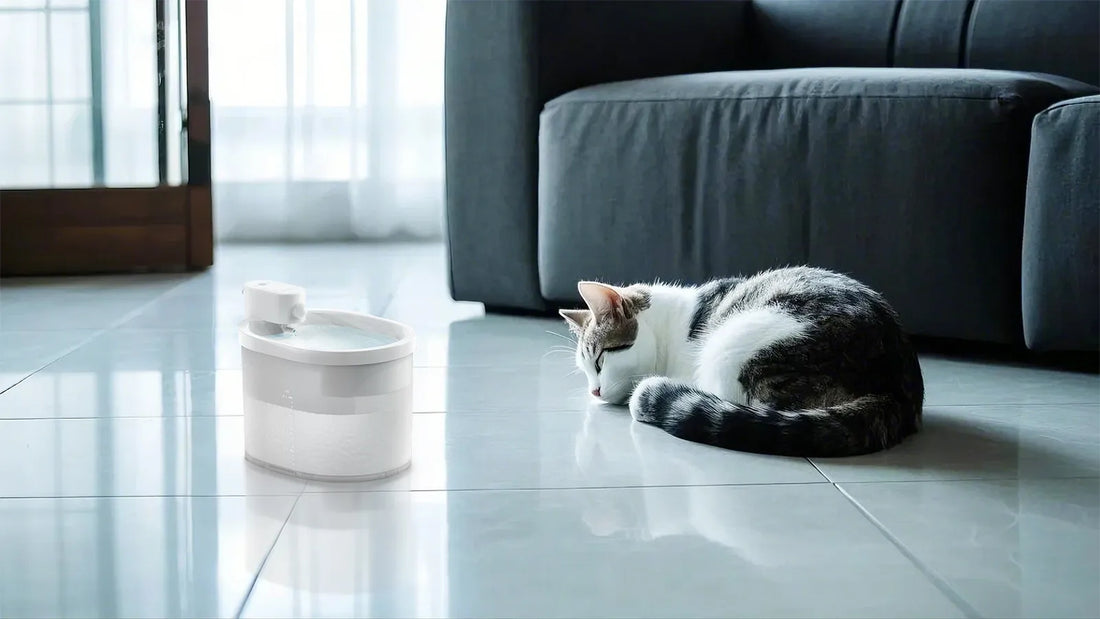Have you ever noticed your dog licking his food bowl long after the meal is over and wondered why? This seemingly odd behavior is more common than you might think and can be attributed to a variety of reasons. Understanding why your dog licks his food bowl can help you ensure his well-being and address any underlying issues. Let’s dive into the possible explanations behind this behavior.
Instinctual Behaviors Rooted in Ancestry
Dogs are descendants of wolves, and many of their behaviors are deeply rooted in their ancestral instincts. In the wild, wolves would lick their food sources clean to ensure they consumed every last bit of nutrition. This instinctual behavior has been passed down through generations, and even though your dog’s food bowl is always full, he may still feel the need to lick it clean. This behavior is particularly common in dogs who have experienced food scarcity or competition in the past.
Hunger and Appetite Signals
If your dog is licking his food bowl excessively, it could be a sign that he’s still hungry. Dogs have different appetites, and some may require more food than others. If you’ve recently reduced his portion size or switched to a lower-calorie diet, he might be trying to satisfy his hunger by licking the bowl. It’s important to ensure your dog is receiving the appropriate amount of food based on his size, age, and activity level. Consulting with a veterinarian can help you determine the right portion size for your furry friend.
Flavor and Scent Attraction
Dogs have an incredible sense of smell, and the lingering scent of food in their bowl can be irresistible. Even after the food is gone, the aroma may still be present, prompting your dog to lick the bowl in hopes of finding more. Additionally, some dogs are particularly drawn to the flavor of their food and may continue licking to savor every last trace. This behavior is more common in dogs who are fed highly palatable or aromatic meals.
Boredom or Lack of Stimulation
Dogs are intelligent and curious creatures who need mental and physical stimulation to stay happy and healthy. If your dog is bored or under-stimulated, he may resort to licking his food bowl as a way to pass the time. This behavior can also be a sign of anxiety or stress, especially if your dog is left alone for long periods. Providing your dog with interactive toys, regular exercise, and plenty of attention can help reduce this behavior and keep him engaged.
Health-Related Concerns
While licking the food bowl is often harmless, it can sometimes indicate an underlying health issue. For example, dogs with dental problems may lick their bowls to soothe discomfort or remove food particles stuck in their teeth. Similarly, dogs with gastrointestinal issues may lick their bowls due to nausea or an upset stomach. If you notice your dog licking his bowl excessively or displaying other unusual behaviors, it’s important to consult with a veterinarian to rule out any medical conditions.
Training and Reinforcement
In some cases, licking the food bowl can be a learned behavior reinforced by your actions. If you’ve ever rewarded your dog for licking his bowl or given him extra food when he does so, he may continue the behavior in anticipation of a reward. To discourage this, avoid reinforcing the behavior and instead focus on positive reinforcement for desired actions. For example, praise your dog when he finishes his meal without licking the bowl excessively.
Environmental Factors
The environment in which your dog eats can also influence his behavior. If your dog feels stressed or anxious during mealtime, he may lick his bowl as a coping mechanism. Factors such as loud noises, the presence of other pets, or an uncomfortable eating area can contribute to this behavior. Creating a calm and quiet feeding environment can help reduce stress and encourage healthier eating habits.
How to Address the Behavior
If your dog’s bowl-licking behavior is becoming a concern, there are several steps you can take to address it. First, ensure your dog is receiving the appropriate amount of food and that his diet meets his nutritional needs. Providing interactive feeding toys or puzzle bowls can also help slow down his eating and reduce the urge to lick the bowl. Additionally, regular dental check-ups and a clean feeding area can help eliminate any discomfort or distractions that may be contributing to the behavior.
Understanding why your dog licks his food bowl is the first step in addressing this behavior. Whether it’s rooted in instinct, hunger, or health concerns, taking the time to observe and respond to your dog’s needs can make a significant difference. By creating a positive feeding environment and providing proper care, you can help your dog develop healthier habits and ensure his overall well-being. So, the next time you catch your dog licking his bowl, you’ll know exactly what’s going on and how to respond.













